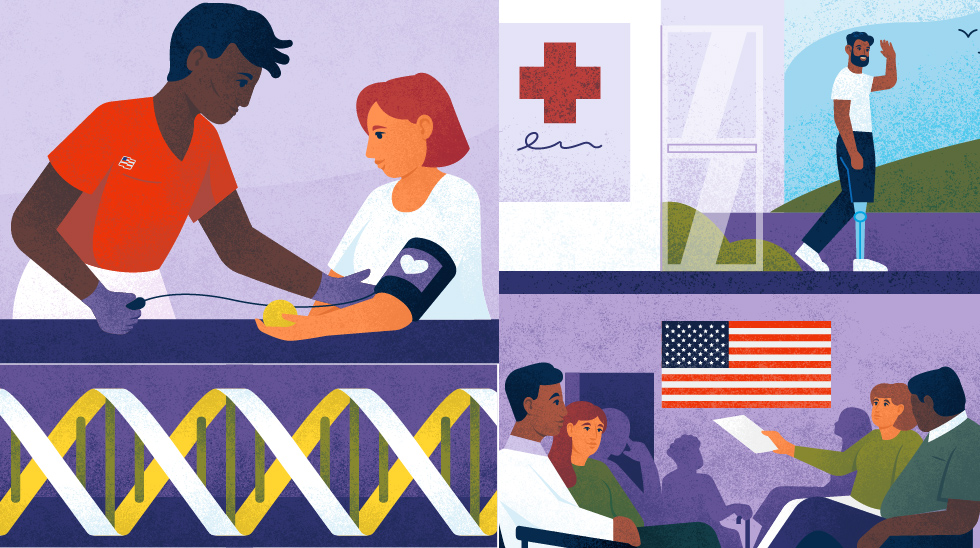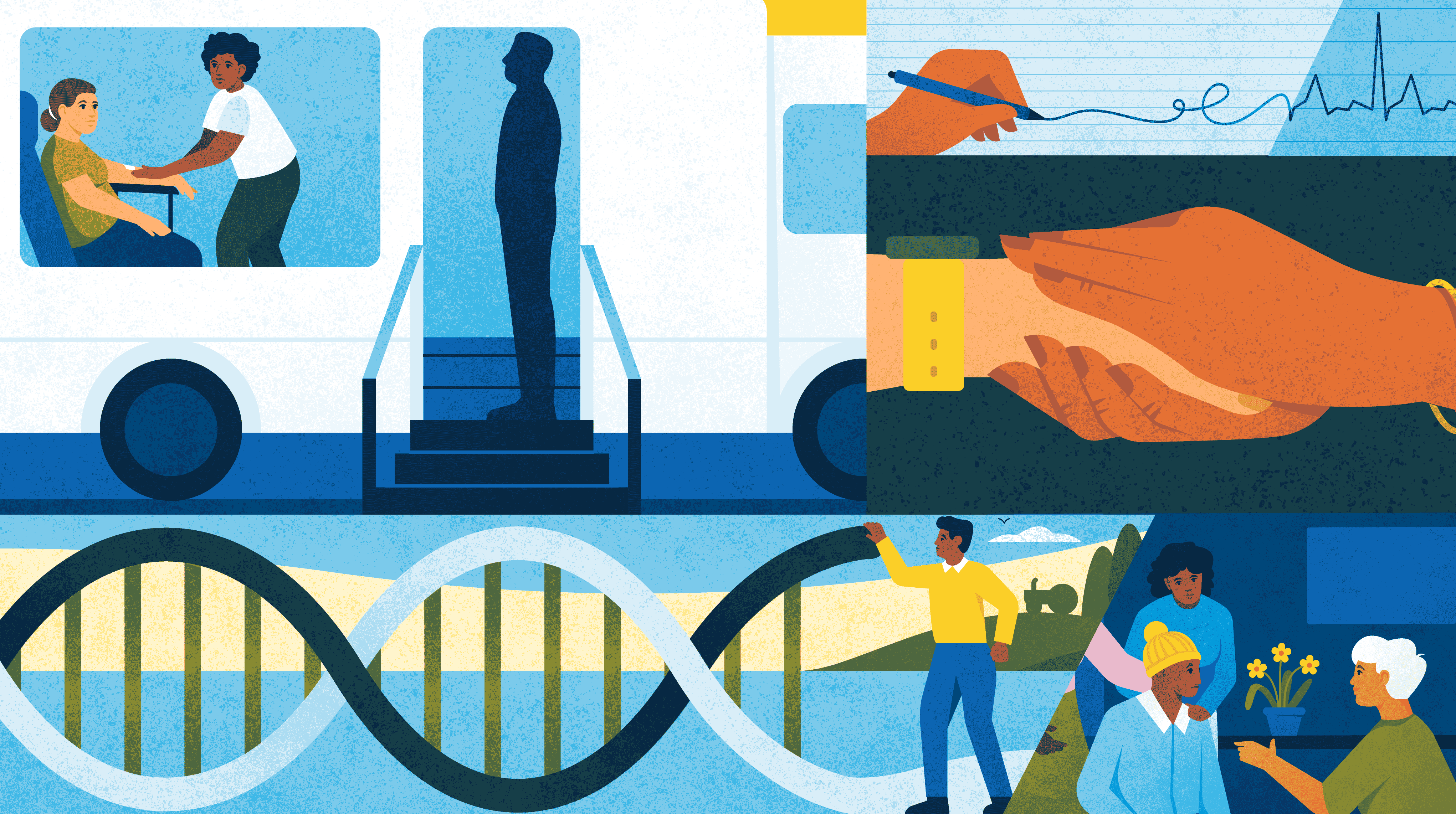
If we understand the needs of communities we serve, their barriers and their strengths, we can embed population health naturally into how we deliver medicines. And if we do this right, we won’t just participate in the future of healthcare. Together, alongside partners in the community, we’ll help create it.
About Quita Highsmith
















